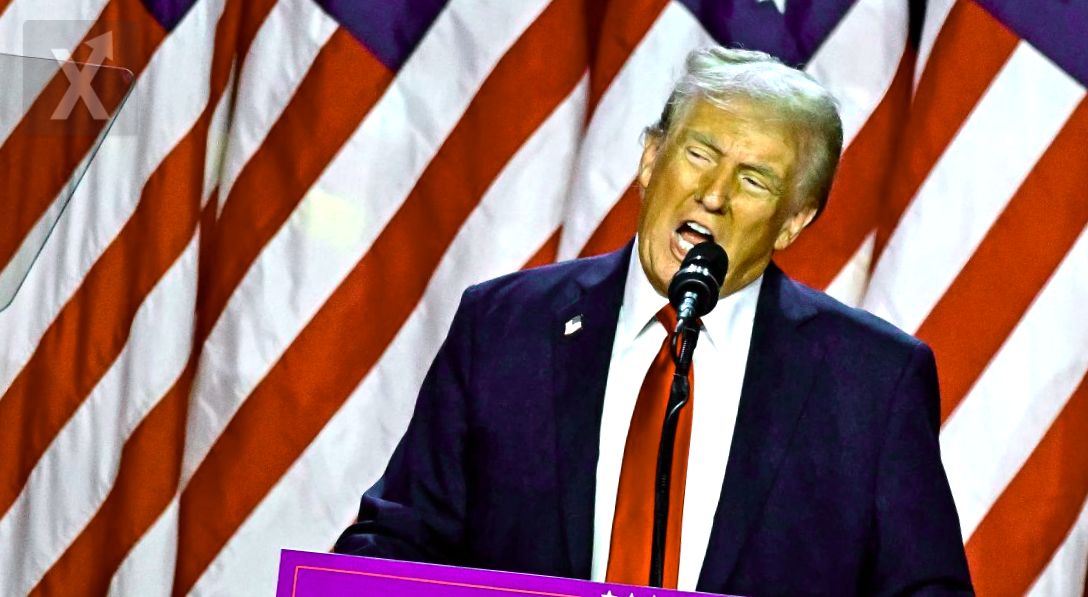Inflation: The True Star of the Elections

The presidential elections in the United States have revolved around the famous phrase "It's the economy, stupid!" coined by James Carville, advisor to Bill Clinton during his successful 1992 campaign. Clinton managed to reach the White House by attracting voters with his focus on the economy, surpassing the Republican George H.W. Bush, who emphasized foreign policy achievements while overlooking the economic issues that concerned citizens.
A similar scenario is unfolding in the 2024 elections, as many American voters are more concerned about the economy than other issues—almost half say they are in a worse financial situation than four years ago—and their choice for the new president seems quite clear: Republican Donald Trump. Trump declared victory after Fox News announced his win over Democrat Kamala Harris in key states like Pennsylvania, North Carolina, and Georgia. Trump is leading in several battleground states, thus surpassing the 270 electoral votes needed to win. Approximately 31% of voters identified the economy as their main concern, just behind the 35% who prioritized the state of democracy, according to surveys by Edison Research. Those who prioritized the economy mostly voted for Trump, with 79% compared to 20% for Harris. The high inflation experienced over the past two years and its impact on perceptions of financial well-being were significant considerations that drove voters toward Trump. More than half of voters mentioned that inflation caused them moderate problems in the past year, while nearly one in four reported severe difficulties. Among those who reported moderate difficulties, support for Trump was at 50% versus 47%, but a striking 73% of those facing severe struggles leaned toward the former president. The data revealed that 45% of voters nationwide felt that their family's economic situation is worse today than it was four years ago, in contrast to just 20% in 2020. These voters would favor Trump by 80% against 17% for Harris.
The results align with surveys indicating that consumers have a negative view of the economy, despite unemployment remaining near historically low levels, growth significantly exceeding historical trends, solid consumer spending, and overall household wealth hitting record numbers. For instance, the University of Michigan's Consumer Sentiment Index, published twice a month, fell to historic lows in the summer of 2022 when inflation, as measured by the Consumer Price Index, reached 9.1% year-over-year, the highest level since the 1980s. Although this index has improved in recent months due to interest rate hikes by the Federal Reserve that brought inflation closer to the central bank's 2% target, it still lags behind the levels seen during Trump's first term from 2017 to 2021.
It's interesting to note how, despite more favorable economic metrics in terms of employment and growth, voter perception is deeply influenced by inflation and its direct impact on daily life. This highlights the importance of effective communication of economic policies by governments and the need to address concerns beyond the numbers that are typically presented. A more robust financial education could help voters capitalize on economic improvements that, while not always felt, are crucial for sustainable development.






